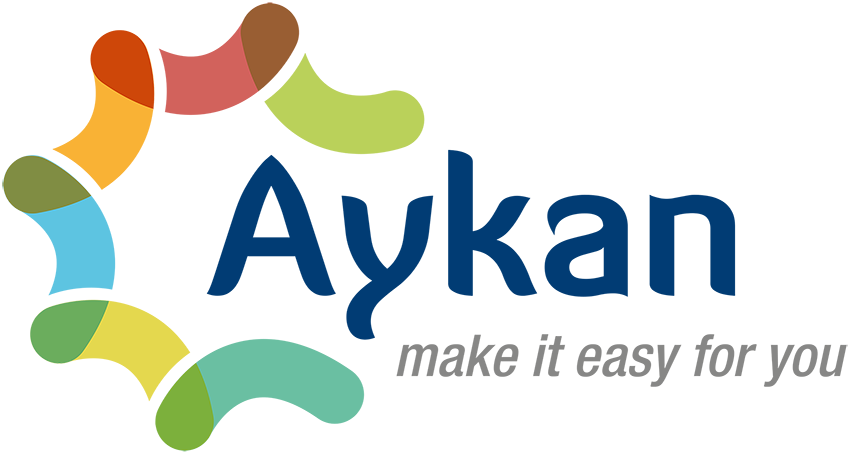In this article, we’ll walk through Sharetribe’s newest Zapier templates, showcase how they streamline your operations, and explore the latest no-code features designed specifically for service marketplace founders in 2025.
In a world where users expect instant answers, seamless digital experiences, and personalized recommendations, marketplaces can no longer rely on basic keyword search. Whether it's eCommerce, rentals, services, or B2B platforms, the search bar is the single most powerful tool a marketplace has—yet it's often the most underutilized.
Launching a marketplace is only the beginning of your entrepreneurial journey. The real challenge — and opportunity — lies in scaling sustainably, attracting high-quality users, and keeping them engaged over time. Whether you’re building a service marketplace, a rental platform, or a peer-to-peer community using Sharetribe, success depends on your ability to balance growth with retention.
In today’s competitive digital landscape, personalization is no longer a luxury — it’s an expectation. Customers demand shopping experiences that feel uniquely tailored to their preferences, needs, and behaviors. From product recommendations to email campaigns, personalization has evolved far beyond “customers who bought this also bought that.”
Every parent knows how fast kids grow — one minute their shoes fit perfectly, and the next, they’re too tight to wear. Whether it’s football boots, running shoes, or protective gear, sports essentials are often expensive and short-lived. The result? Perfectly good shoes piling up in closets or ending up in landfills.
In today’s data-driven economy, information is one of the most valuable assets a B2B marketplace can possess. Every transaction, search, message, and interaction generates rich behavioral and operational data — insights that can transform into powerful revenue streams when paired with Artificial Intelligence (AI).













